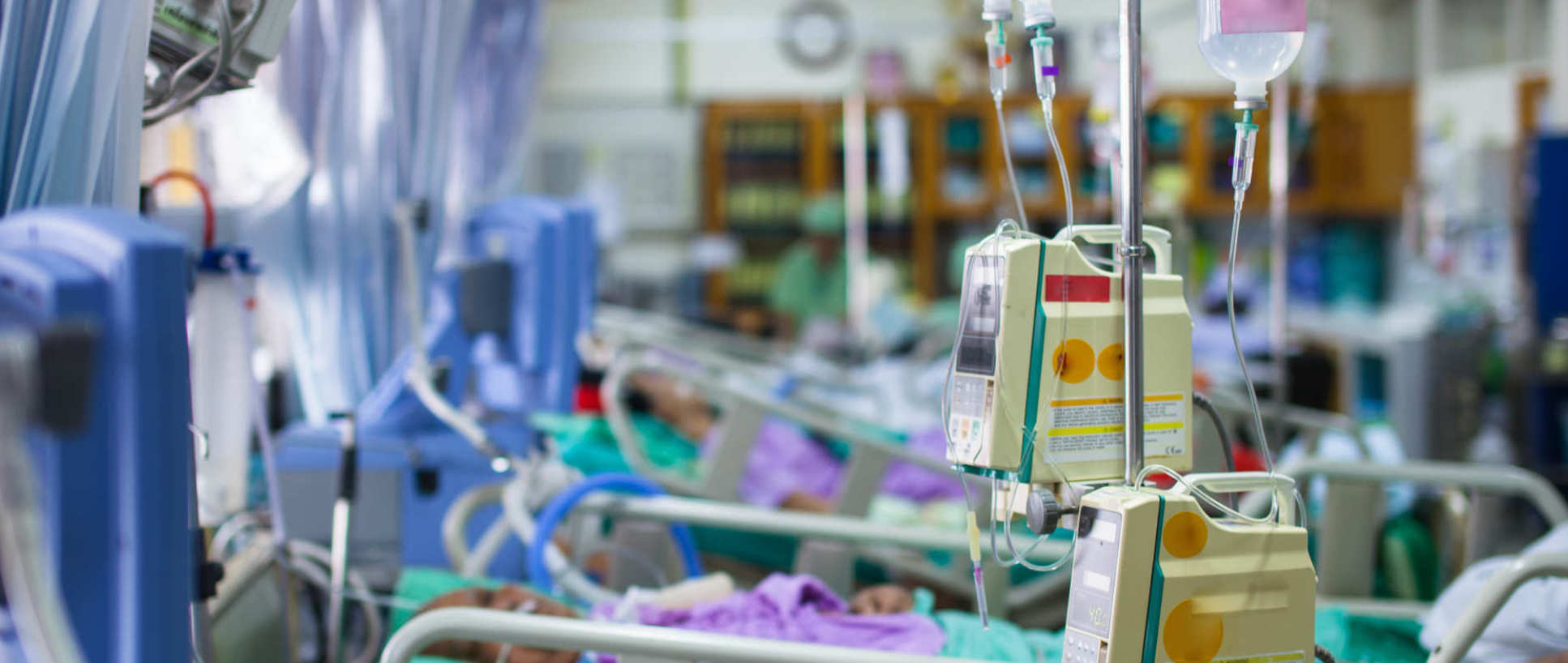BibTex format
@article{Edey:2016:10.1095/biolreprod.116.143289,
author = {Edey, LF and O'Dea, KP and Herbert, BR and Hua, R and Waddington, SN and MacIntyre, DA and Bennett, PR and Takata, M and Johnson, MR},
doi = {10.1095/biolreprod.116.143289},
journal = {Biology of Reproduction},
pages = {1--10},
title = {The local and systemic immune response to intrauterine LPS in the prepartum mouse},
url = {http://dx.doi.org/10.1095/biolreprod.116.143289},
volume = {95},
year = {2016}
}
RIS format (EndNote, RefMan)
TY - JOUR
AB - Inflammation plays a key role in human term and preterm labor (PTL). Intrauterine LPS has been widely used to model inflammation-induced complications of pregnancy, including PTL. It has been shown to induce an intense myometrial inflammatory cell infiltration, but the role of LPS-induced inflammatory cell activation in labor onset and fetal demise is unclear. We investigated this using a mouse model of PTL, where an intrauterine injection of 10 μg of LPS (serotype 0111:B4) was given at E16 of CD1 mouse pregnancy. This dose induced PTL at an average of 12.7 h postinjection in association with 85% fetal demise. Flow cytometry showed that LPS induced a dramatic systemic inflammatory response provoking a rapid and marked leucocyte infiltration into the maternal lung and liver in association with increased cytokine levels. Although there was acute placental inflammatory gene expression, there was no corresponding increase in fetal brain inflammatory gene expression until after fetal demise. There was marked myometrial activation of NFκB and MAPK/AP-1 systems in association with increased chemokine and cytokine levels, both of which peaked with the onset of parturition. Myometrial macrophage and neutrophil numbers were greater in the LPS-injected mice with labor onset only; prior to labor, myometrial neutrophils and monocytes numbers were greater in PBS-injected mice, but this was not associated with an earlier onset of labor. These data suggest that intrauterine LPS induces parturition directly, independent of myometrial inflammatory cell infiltration, and that fetal demise occurs without fetal inflammation. Intrauterine LPS provokes a marked local and systemic inflammatory response but with limited inflammatory cell infiltration into the myometrium or placenta.
AU - Edey,LF
AU - O'Dea,KP
AU - Herbert,BR
AU - Hua,R
AU - Waddington,SN
AU - MacIntyre,DA
AU - Bennett,PR
AU - Takata,M
AU - Johnson,MR
DO - 10.1095/biolreprod.116.143289
EP - 10
PY - 2016///
SN - 1529-7268
SP - 1
TI - The local and systemic immune response to intrauterine LPS in the prepartum mouse
T2 - Biology of Reproduction
UR - http://dx.doi.org/10.1095/biolreprod.116.143289
UR - http://gateway.webofknowledge.com/gateway/Gateway.cgi?GWVersion=2&SrcApp=PARTNER_APP&SrcAuth=LinksAMR&KeyUT=WOS:000390804400012&DestLinkType=FullRecord&DestApp=ALL_WOS&UsrCustomerID=1ba7043ffcc86c417c072aa74d649202
VL - 95
ER -
 Critical care involves the care of the sickest patients in the hospital. Critically ill patients have usually been through a significant insult to their body (such as trauma, infection, burn) and have developed organ failure and require life-support. Critical Care is the largest theme bringing together clinicians and scientists from diverse backgrounds and includes collaborative research from hospitals throughout north-west London. Investigations range from evaluating biological mechanisms of organ failure through to the development of innovative technologies which allow the short-term and long-term support and recovery of organs.
Critical care involves the care of the sickest patients in the hospital. Critically ill patients have usually been through a significant insult to their body (such as trauma, infection, burn) and have developed organ failure and require life-support. Critical Care is the largest theme bringing together clinicians and scientists from diverse backgrounds and includes collaborative research from hospitals throughout north-west London. Investigations range from evaluating biological mechanisms of organ failure through to the development of innovative technologies which allow the short-term and long-term support and recovery of organs.